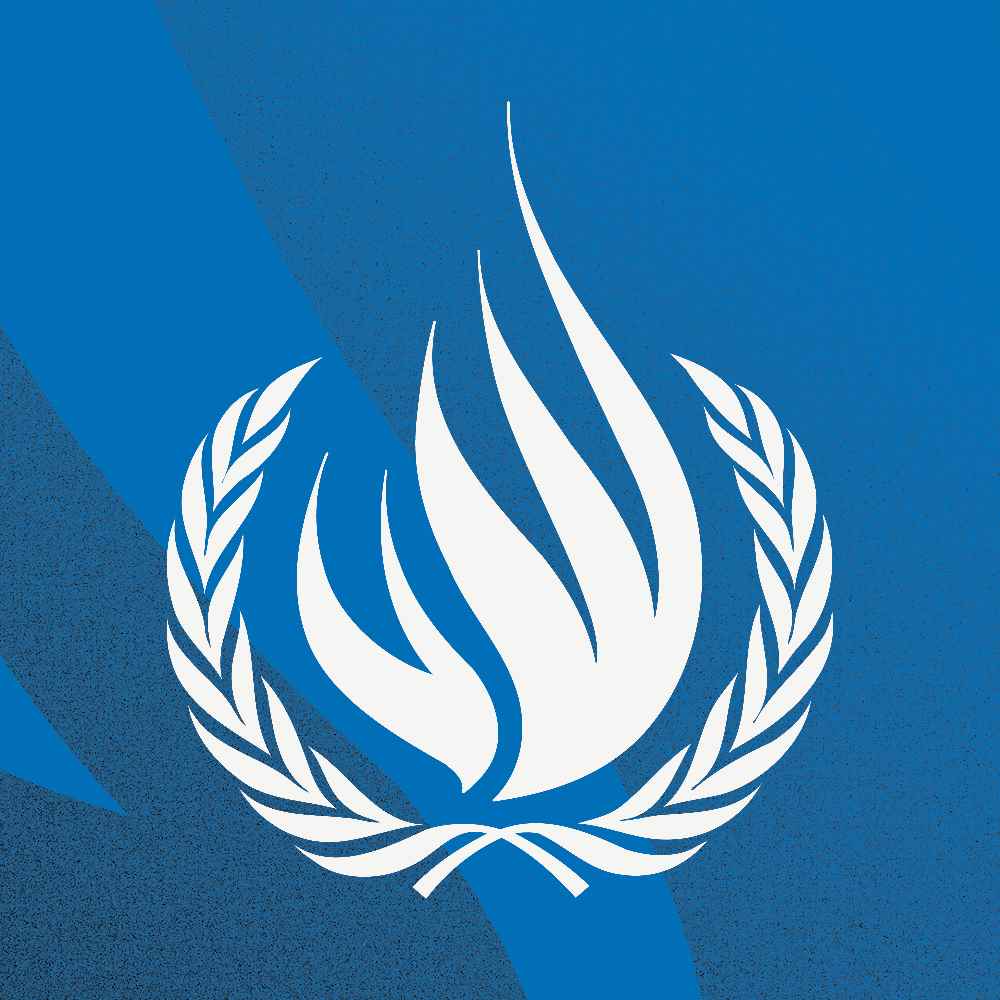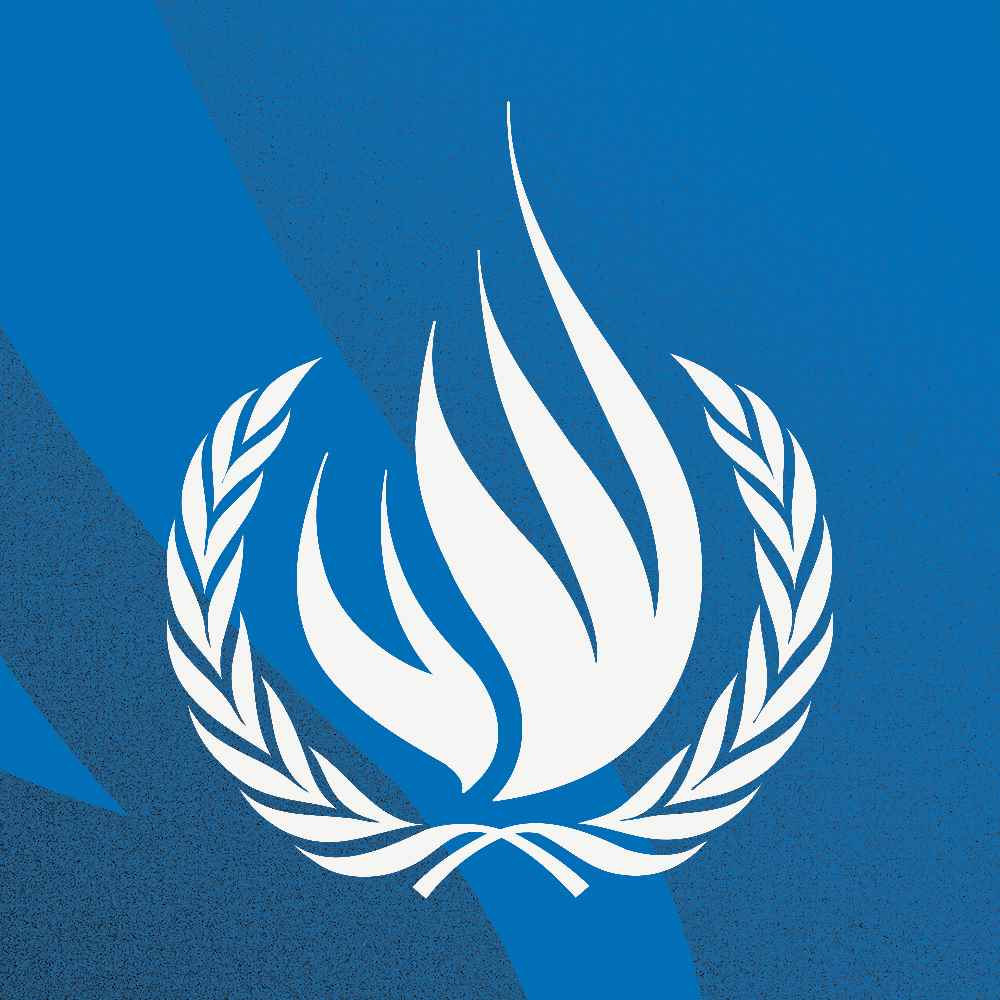
GENEVA (9 October 2024) - The UN Committee on Enforced Disappearances (CED) today issued its findings on Morocco, Norway and Ukraine, after reviewing the three States parties during its latest session.
The findings contain the Committee’s main concerns and recommendations on the implementation of the International Convention for the Protection of All Persons from Enforced Disappearance, as well as positive aspects. Key highlights include:
Morocco
The Committee acknowledged the State party’s stated intention to incorporate enforced disappearance into its criminal law and ensure alignment with the Convention. However, it was concerned that enforced disappearance is not yet an autonomous crime in domestic law, causing confusion with other offences that do not fully capture its gravity. It recommended that Morocco incorporate enforced disappearance as a separate offence in domestic law, recognise it as a crime against humanity, include all mitigating and aggravating circumstances from the Convention in its criminal law, and ensure appropriate penalties for enforced disappearance, while excluding the death penalty.
The Committee welcomed the State party’s efforts in establishing the Equity and Reconciliation Commission (IER) and facilitating its work on enforced disappearances perpetrated from 1956 to 1999, but remained concerned that the IER’s recommendations have not been fully implemented, 18 years after its first report, and that perpetrators of these crimes have not been prosecuted. It recommended that the State party promptly implement all IER recommendations and intensify efforts to thoroughly and impartially investigate all cases of enforced disappearance until the fate and whereabouts of the disappeared is fully clarified, prosecute and appropriately punish those involved, and provide prompt and full reparation to all victims.
Norway
While welcoming the steps taken by the State party to strengthen its legal and institutional frameworks to search for disappeared persons and investigate their alleged disappearance, the Committee was concerned about the absence of detailed information and results from the investigation conducted by authorities into the disappearances of at least 369 minor asylum seekers from designated reception centres between 2015 and 2024. The Committee also highlighted the importance to strengthen the mechanisms in place to prevent such disappearances and to protect children seeking asylum from enforced disappearance, including in the context of trafficking in persons. In that perspective, it asked the State party to take immediate measures, such as setting up periodic follow-up visits and controls of reception centres, and to thoroughly investigate the disappearance of unaccompanied young asylum-seekers from such centres.
The Committee also expressed concern about the absence of a potential referral mechanism between the Norwegian Tater/Romani Committee, the Truth and Reconciliation Commission, and criminal authorities to conduct investigations on reported past practices of forced removal of children to institutions and foster homes, forced resettlement of adults to labour colonies and other practices that may amount to enforced disappearances. It called on the State party to establish mechanisms to conduct judicial investigations into the practices and acts that may have constituted or led to enforced disappearance and adopt adequate remedies for the victims. It also urged Norway to provide for an adequate implementation of the recommendations of the Norwegian Tater/Romani Committee and the Truth and Reconciliation Commission.
Ukraine
The Committee was fully aware of the serious challenges faced by the State party since the beginning of the armed conflict in April 2014, exacerbated by the full-scale military aggression by the Russian Federation since 24 February 2022. The Committee was, however, concerned that the Law on the Legal Status of Persons Missing under Special Circumstances is only applicable to disappearances connected to armed conflicts, hostilities, temporary occupation, and emergency situations, as well as the limited scope of the Unified Register of Persons Missing under Special Circumstances. It urged the State party to amend the Law by extending the scope of its application to all cases of disappearances, including enforced disappearances, regardless of the time, place, and circumstances in which they occurred, as well as expanding the scope of the Register, and introducing the category of “victim of enforced disappearance”.
The Committee was concerned that allegations of enforced disappearances are not investigated as such, but under other qualifications that do not cover all the elements of enforced disappearance. It called on the State party to ensure that allegations of enforced disappearances are investigated as an autonomous offence in line with the Convention. It also urged Ukraine to implement mutual legal assistance and international cooperation to facilitate the sharing of information and evidence to support the search for disappeared people, including children who have been victims of wrongful removal; their identification; their return; the investigation and prosecution of their disappearance; and the support to victims.
As of today, the Committee has registered a total of 1898 urgent actions cases, which are requests to States parties to immediately search for, locate and protect a disappeared person. During this session the Committee adopted its report analysing the trends of 1043 of these cases relating to 32 States parties, either in their condition as place of occurrence of the disappearance, as country of the nationality of the disappeared person, or as country where pieces of evidence related to the case have been located.
In addition, following the adoption by Peru in June 2024 of a legislation which provides that no one may be prosecuted, convicted, or punished for crimes against humanity or war crimes committed before 1 July 2002, and of the adoption a Decree by Argentina in August 2024 that suppresses the Special Unit for the Investigation of the disappearance of children as a consequence of State Terrorism, the Committee decided to send stand-alone requests for information to the States parties concerned.
The above country review findings, officially known as Concluding Observations, as well as the report on Urgent Actions, stand-alone requests for additional information, and other documents, are available on the session webpage.
For more information and media requests in Geneva, please contact
Vivian Kwok at vivian.kwok@un.org , Safa Msehli at safa.msehli@un.org
UN Human Rights Office Media Section at ohchr-media@un.org
Background
The Committee on Enforced Disappearances monitors States parties’ adherence to the International Convention for the Protection of all Persons from Enforced Disappearance, which as of to date, has been ratified by 72 States parties. The Committee is made up of 10 members who are independent human rights experts drawn from around the world, who serve in their personal capacity and not as representatives of States parties.
Learn more with our animations on the Treaty Body system and the Committee on Enforced Disappearances!
Follow the UN Treaty Bodies on social media! We are on Twitter @UNTreatyBodies








